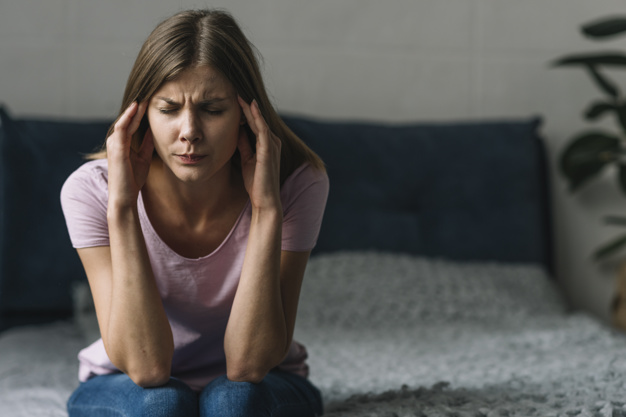Obsessive Compulsive Disorder (OCD)
Obsessive-compulsive disorder (OCD) is a condition wherein there are repeated unwanted thoughts or obsessions or the urge to do something over and over again (compulsions). Some individuals can have both obsessions and compulsions.
You may feel the compulsion to wash your hands seven times after touching something that could be dirty. Although you may want to avoid these things, you feel powerless to stop.
Everyone has certain traits or thoughts that repeat sometimes. People with OCD have thoughts:
- That consume at least an hour a day
- Are beyond your control
- Aren’t enjoyable
- Interfere with daily activities
OCD comprises of many forms, but most cases fall into at least one of four general categories
- Checking locks, alarm systems, ovens, or light switches, repeatedly
- Contamination, a fear of objects that might be unclean or a compulsive urge to clean.
- Symmetry and arranging things, the need to have things lined up in a certain way
Many people who have OCD are aware that their thoughts and habits don’t make sense. They don’t do them because they like it, but because they find it challenging to quit.
Obsessive thoughts can include:
- Worrying about yourself or others getting hurt
- Constantly being aware of blinking, breathing, or other body sensations
- Suspecting that a partner is unfaithful, with no reason to believe it
Compulsive habits can include:
- Doing tasks in a specific manner every single time or a certain “good” number of times
- Fear of contamination when touching doorknobs, using public toilets, or shaking hands

Doctors aren’t sure why some people have OCD. Stress can make symptoms worse. Symptoms are observed in teens or young adults.
OCD risk factors include:
- A parent, sibling, or child with OCD
- Depression, anxiety, or tics
- Experience with trauma
- A history of physical abuse during childhood
Your doctor may conduct a physical exam and blood tests to ensure something else isn’t causing your symptoms. They will discuss with you about your feelings, thoughts, and habits.
There’s no cure for OCD. But you can learn to manage how your symptoms affect your life through medicine, therapy, or a combination of treatments.
Treatments include:
- Psychotherapy: CBT can help change your thinking patterns. In a form known as exposure and response prevention, your doctor will place in a situation designed to create anxiety or set off compulsions. You’ll manage to lessen and then stop your OCD thoughts or actions.
- Relaxation: Meditation, yoga, and massage can help you deal with stressful OCD symptoms.
- Neuromodulation: In few cases when therapy and medication aren’t making enough of a difference, your doctor might suggest devices that change the electrical activity in a certain area of your brain.
- Transcranial Magnetic Stimulation: The Transcranial Magnetic Stimulation unit is a non-invasive device that is held above the head to induce the magnetic field. TMS targets a specific part of the brain that regulates OCD symptoms.